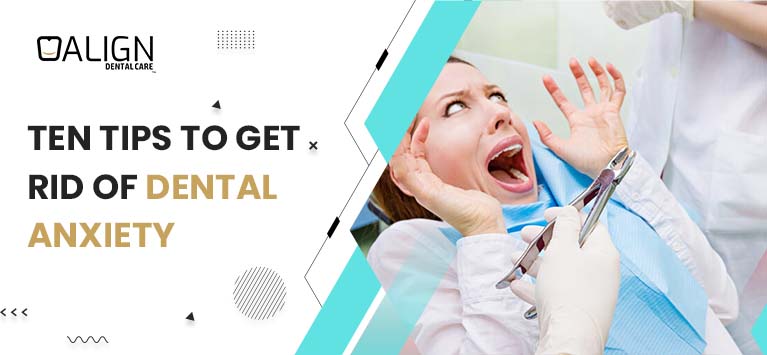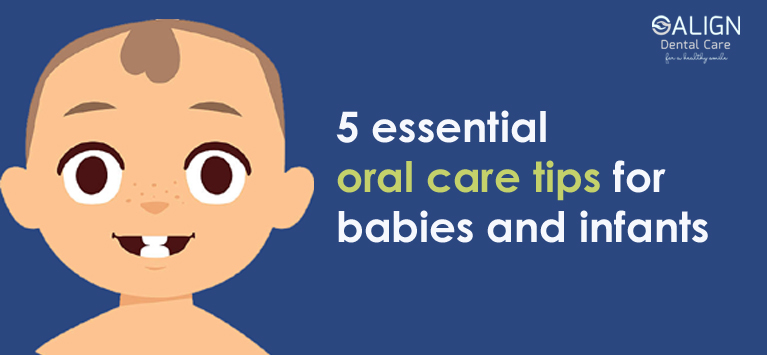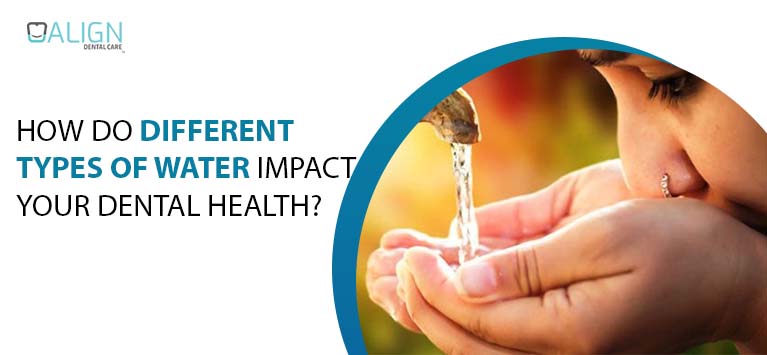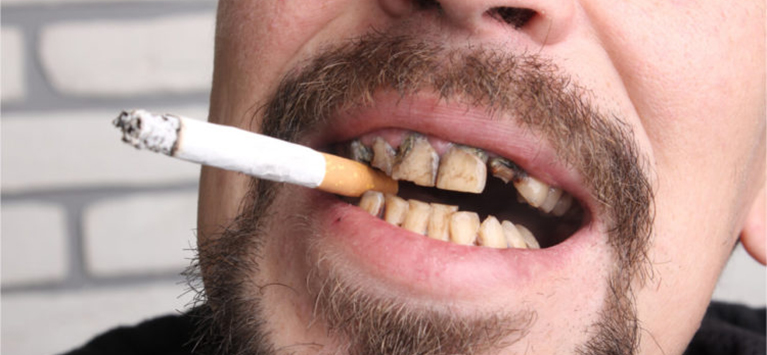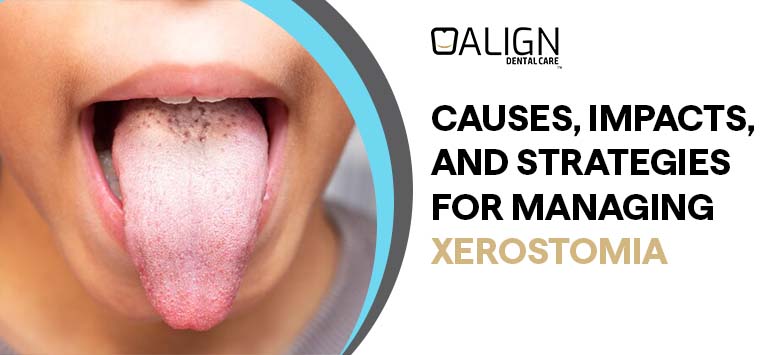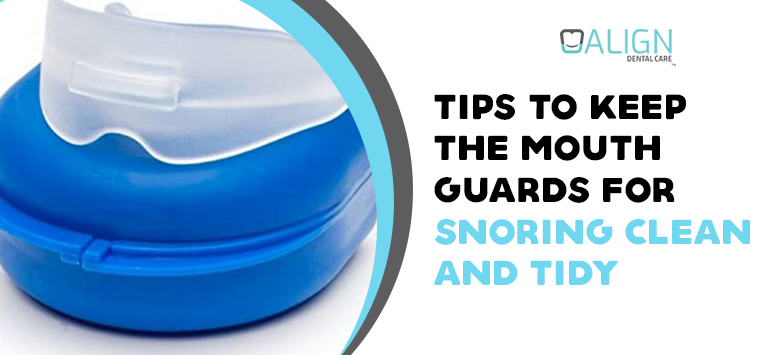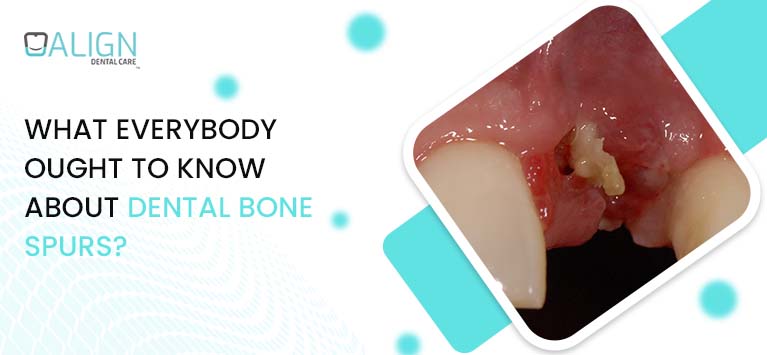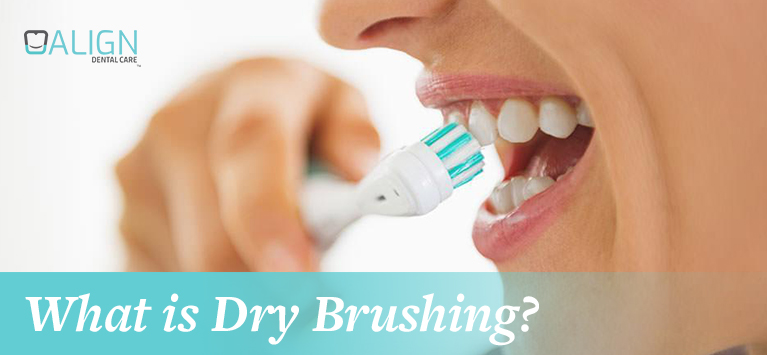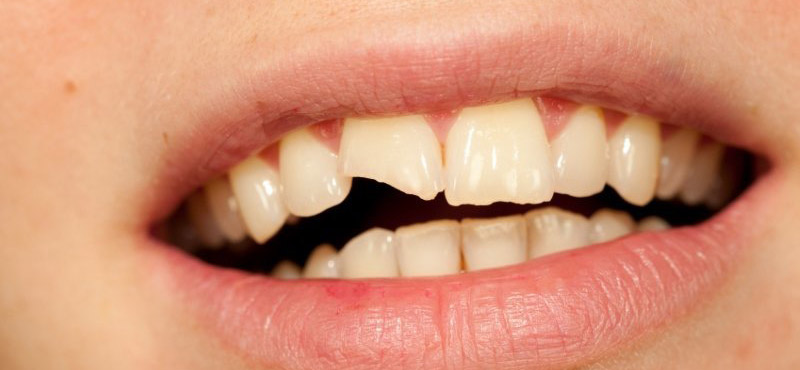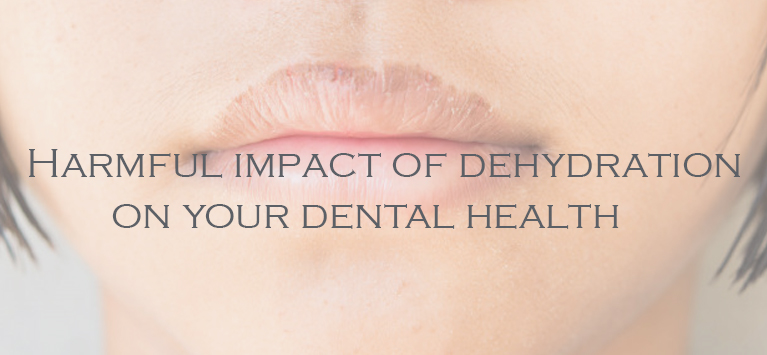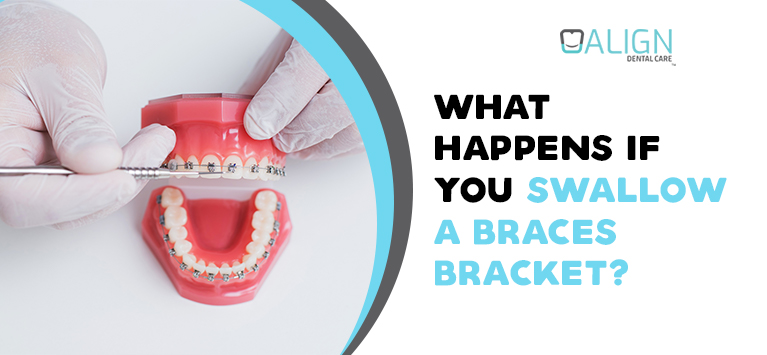
How Often Should You Visit the Dentist?
Maintaining a healthy smile isn’t just about brushing and flossing—it also means knowing how often should you visit the dentist. Regular dental checkups play a key role in preventing cavities, gum disease, and even serious health issues linked to poor oral hygiene. Whether it’s been six months or several years since your last appointment, understanding the right visit frequency can help you stay ahead of problems. In this blog, we’ll explore how often you should go, what to expect at a checkup, how to keep your teeth healthy at home, and why regular dental care truly matters.
Table of Contents
What Is the Right Frequency?
How often should adults go to the dentist?
The standard advice is an exam and cleaning every six months—sometimes called a dentist every 6 months or 6 month dental check-up. But depending on your health, you might need visits every 3–6 months, or just yearly.
Individuals with pregnancy, diabetes, gum disease, or heavy plaque often need more frequent care.
How frequently should you go to the dentist?
In general, if your gums are healthy and you practice good oral hygiene, you may go every six months. For higher risk, every 3–4 months works best. Ultimately, your dentist will recommend how regularly you should go based on your factors.
How many times should you visit a dentist?
For most adults: 2 times a year (every 6 months). Kids usually follow the same schedule. If you have higher risk factors, expect 3–4 visits annually.
How Often Should You Visit the Dental Hygienist?
The dental hygienist performs the teeth cleaning portion—removing plaque, polishing, and educating you. Often, this happens during your six‑month cleaning appointment. So, how often should you visit the dental hygienist? Again, twice per year is common, but if you have gum disease or buildup, you may go every 3‑4 months.
Teeth Cleaning Every 6 Months
A teeth cleaning every 6 months helps remove plaque and tartar that brushing alone can’t tackle. Studies show that biannual cleanings help reduce cavities, gum disease, and bad breath. In fact:
- Adults who skip >12 months between visits show a 25–30 % higher risk of gum disease.
- Children with 6‑month cleanings have 42 % lower rates of cavities.
What to Expect at Your First Dentist Appointment in Years
If it’s been a long time since your last visit, here’s what to expect at your first dentist appointment in years:
- Medical & dental history update
- Full exam—gums, teeth, bite, oral cancer screening
- X‑rays—probably one panoramic and a bitewing
- Professional cleaning—polish and fluoride
- Treatment plan—fillings, deep cleaning, or referrals
It may take extra time, but you’ll leave with a personalised plan.
What Can You Do to Keep Your Teeth Healthy?
Besides appointments, good daily habits help maintain oral health:
- Brush twice daily with fluoride toothpaste
- Floss once daily
- Consume balanced meals, limit sugary drinks
- Use fluoride mouthwash
- Don’t smoke
- Consider chewing sugar‑free gum after meals
- Use gentle home remedies like saltwater rinses or oil pulling occasionally
These are key actions answering what you can do to keep your teeth healthy.
What Can I Take to Make My Teeth Stronger?
For stronger teeth:
- Ensure enough calcium (milk, yogurt, almonds)
- Get vitamin D for calcium absorption
- Eat phosphorus (egg, fish, lean meat)
- Use fluoride toothpaste daily
- Avoid excess sugar
- Talk to your dentist about remineralising agents
This answers what can I take to make my teeth stronger, with practical suggestions.
Home Remedies and At‑Home Care
When waiting for your dentist:
- Salt–water rinse for mild inflammation
- Cold compress for swelling
- Clove oil for temporary toothache relief
- Oil pulling (coconut oil) may reduce plaque, but it doesn’t replace cleaning
- Hydrogen peroxide rinse, diluted 50/50, can help kill bacteria
- Mild baking‑soda brush occasionally to neutralise acid
These treats support your daily routine but don’t replace appointments.
How Long Is Too Long Without Seeing a Dentist?
Delaying dental visits for too long can cause serious issues:
- After 1 year, plaque hardens, increasing gum disease risk
- At 2 years, hidden cavities and early bone loss may start
- At 3 years or more, tooth loss increases significantly
So, how long is too long without seeing a dentist? Even skipping beyond one year can result in valuable problems being missed. Regular visits are vital.
Why Is Going to the Dentist Important?
Understanding why is going to the dentist important matters:
- Detects early problems like cavities, infection, and gum disease
- Prevents serious illness—periodontal disease links to heart disease and diabetes
- Oral cancer screening picks up early signs
- Professional cleanings remove harmful plaque and tartar
- Helps maintain overall health—oral health impacts the whole body
Treatment Options
- Fillings for cavities
- Deep cleaning (scaling, root planing) for gum disease
- Sealants to protect grooves, especially in children
- Teeth whitening or cosmetic fixes
- Root canal or extraction for severe decay/infection
- Crowns, bridges, implants, orthodontics
Your dentist will recommend treatments based on the condition found during your checkup.
Summary: How Frequently Should You Go?
| Risk Level | Ideal Frequency | Why |
| Low-risk adults | Every 6 months | Maintenance cleaning, early detection |
| Children | Every 6 months | Prevent cavities in developing mouths |
| Higher-risk adults | Every 3–4 months | Manage gum disease, chronic illness, and heavy plaque |
| Long-lapsed patients | Start with a catch-up, then 6-monthly | Re-establish oral health baseline |
So, how often should you go to the dentist? It depends on your personal needs—twice yearly is a safe baseline.
Blog Conclusion
In this blog, we covered everything from how often should you visit the dentist, how often should adults go to the dentist, teeth cleaning every 6 months, how long is too long without seeing a dentist, and why is going to the dentist important. We explored what happens at your first long‑overdue appointment, easy home remedies, and nutrients that help strengthen your teeth.
Regular dental care keeps your smile healthy, fresh, and problem-free. Whether you’re at low risk or high risk, creating a plan with your dentist ensures you get the right level of care.








